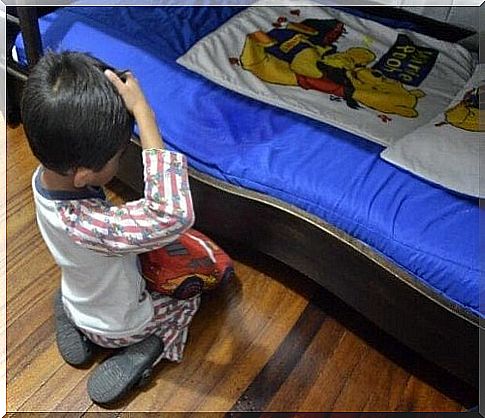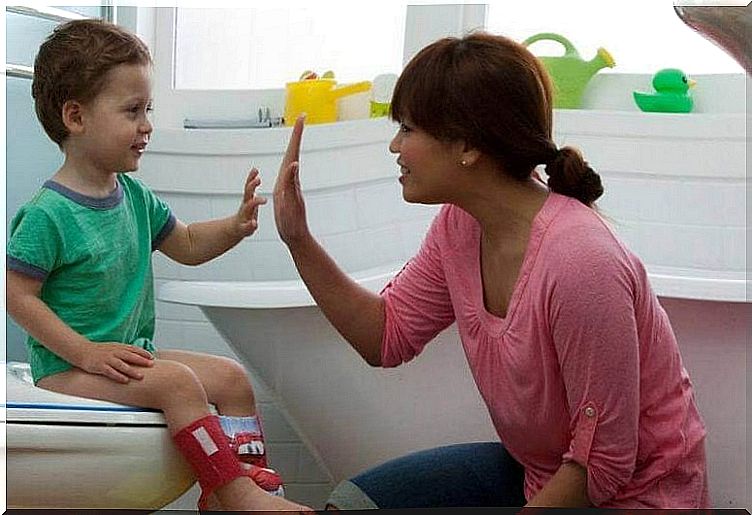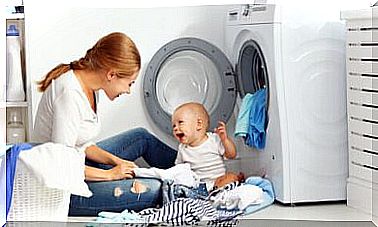My Child Wets His Bed: When To See A Pediatrician? – Being Parents

A child who wets his bed is not always normal. This is why it is essential to observe the circumstances in which the event occurs. It is possible that some children suffer from these involuntary leaks during the day or in certain contexts. While it can happen at school or in the park, it happens at night, in the majority of cases.
It is very important to treat the problem as something completely normal. The specialists explain that we should absolutely not dramatize the situation. It is not necessarily mandatory to bring your child to see a doctor. There are some very specific signals to encourage you to do this. Families can turn this problem into a taboo. However, it is highly recommended that you help your child without overdoing the situation.
Parents of a child who wets his bed are generally concerned that the cause may be a health problem. In this regard, pediatricians suggest to treat the problem calmly because this problem is quite normal, at least until a child is 3 years old. This problem can also suddenly appear in stressful situations. In the rest of this article, we will tell you exactly when to see a pediatrician if your child wets his bed.
My child wets his bed: should I be worried?

As the child goes through this difficult situation it is recommended to help him overcome it with understanding and love. If you are worried about a wet bed, you can put on absorbent protection: diapers or special underwear. Then you have to understand that all this is a normal step and that it should absolutely not be turned into a serious problem.
Scolding or blaming him is not an option if you want him to overcome these issues without being traumatized. According to expert experience, children continue to wet their beds until they are around 3 years old. However, we must be prepared to accompany them until they are physically and mentally mature.
However, when a child continues to wet his bed after 3 years, it may be time to see a specialist. This means that the little one does not have to stop wetting his bed at the age of 3. At this age you must begin to observe it carefully.
When the child wets his bed, although it is assumed that he has reached a certain maturity, it may be necessary to consult a pediatrician. However, it is generally considered to be a problem of minor severity, a small delay in maturity. It is important that you pay attention to the following signals:
- the child begins to wet his bed from the age of 3
- one or more aspects of his behavior have changed
- you suspect an infection or inflammation of the urinary tract
- you have doubts about the onset of incontinence or it is already present and has been going on for a while
Why does he wet his bed after 3 years?

When a child wets his bed after 3 years we start talking about infantile enuresis. Although this appears to be a serious illness it is actually defined as an onset of incontinence because the organs are still immature.
In the majority of cases, this situation occurs when children face emotional challenges that are difficult to deal with. It can be due to anxiety or frustration. Bedwetting usually appears with cases of bullying, the loss of a loved one, the separation of parents or the arrival of a new child in the siblings.
It is possible that the slightest emotion or the slightest change in the child’s life will cause them to start to wet their bed. This can happen even after overcoming the ordeal. Likewise, his inability to deal with his emotions sometimes prevents him from reaching the maturity necessary to stop wetting his bed.
As a rule, this situation is temporary. The solution lies in protection for the clothes and the bed, but the child must also be provided with emotional support. It is important that he feels protected and loved. That he can overcome his insecurities and find the right balance in his feelings. Do not hesitate to consult a pediatrician so that he can rule out any more serious problem. He will direct him to psychological support if necessary.









